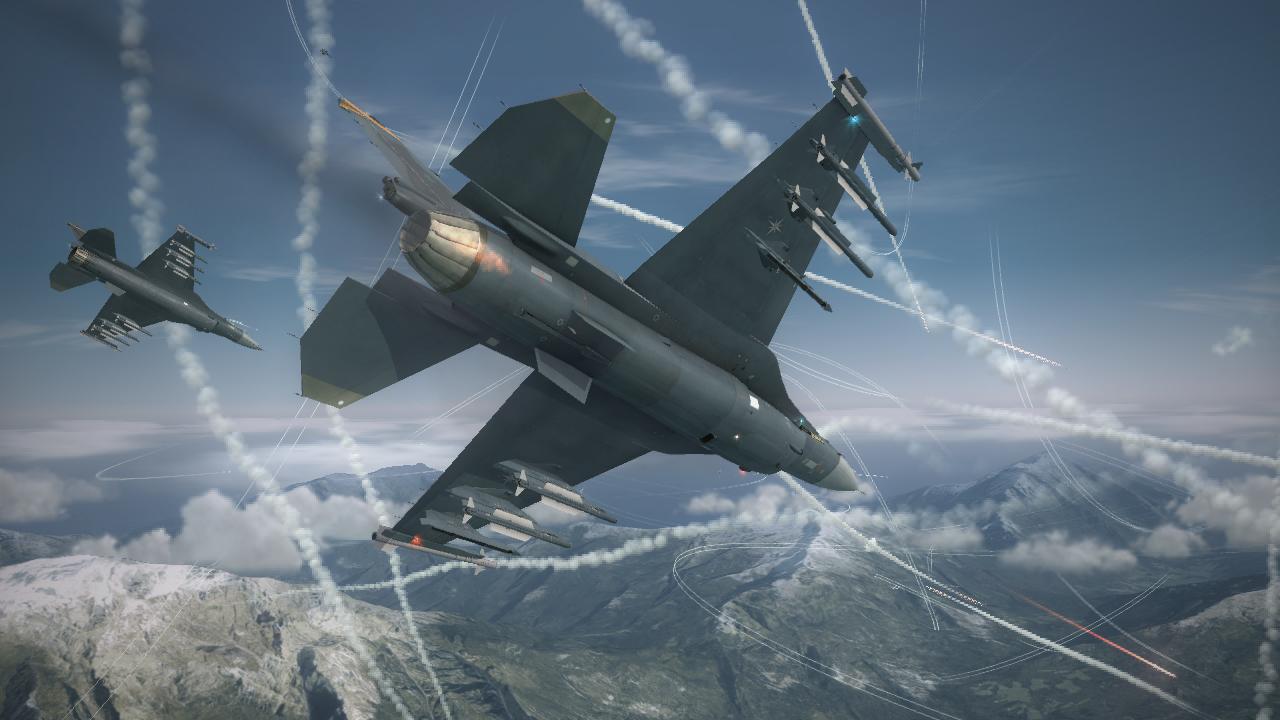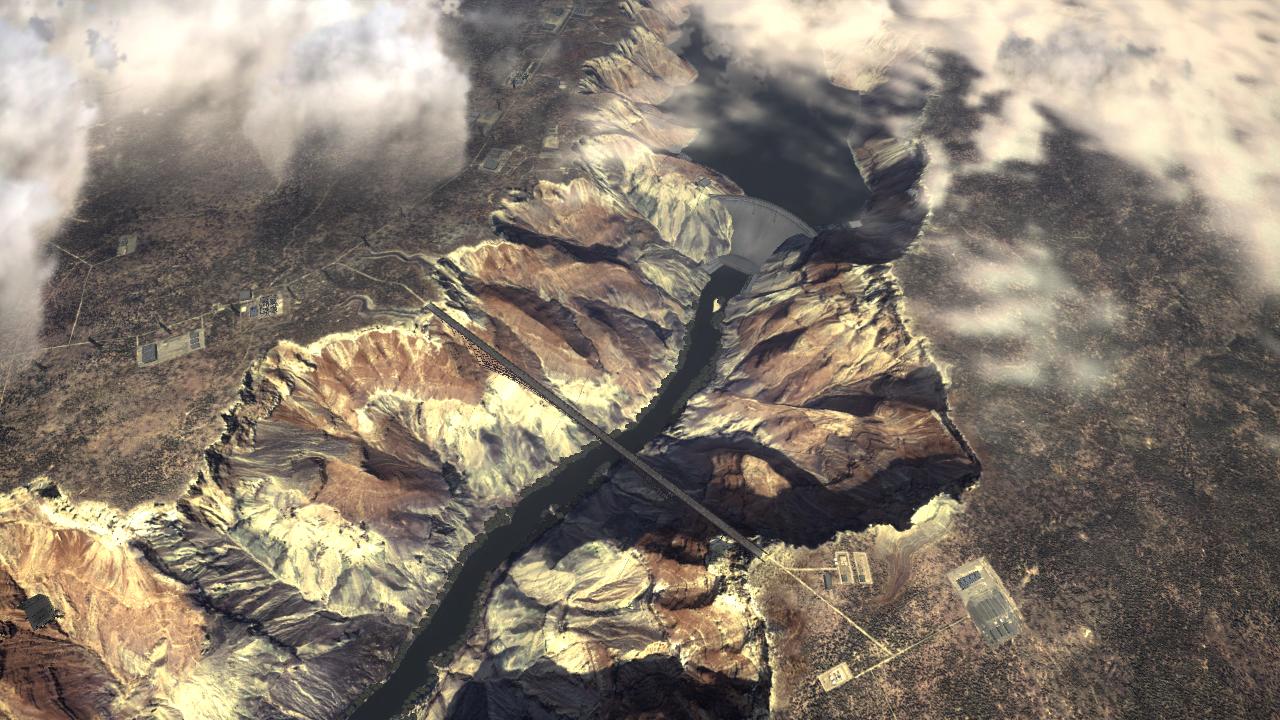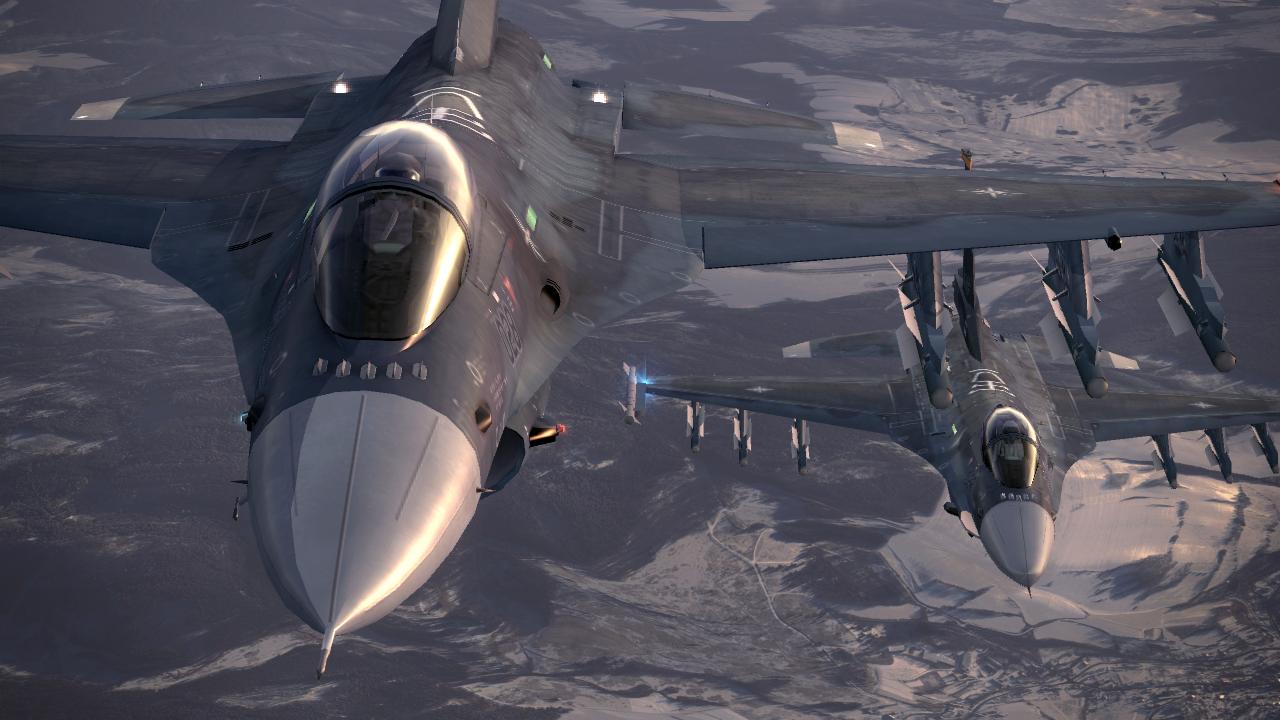Ace Combat 6: Fires of Liberation
Latest about Ace Combat 6: Fires of Liberation
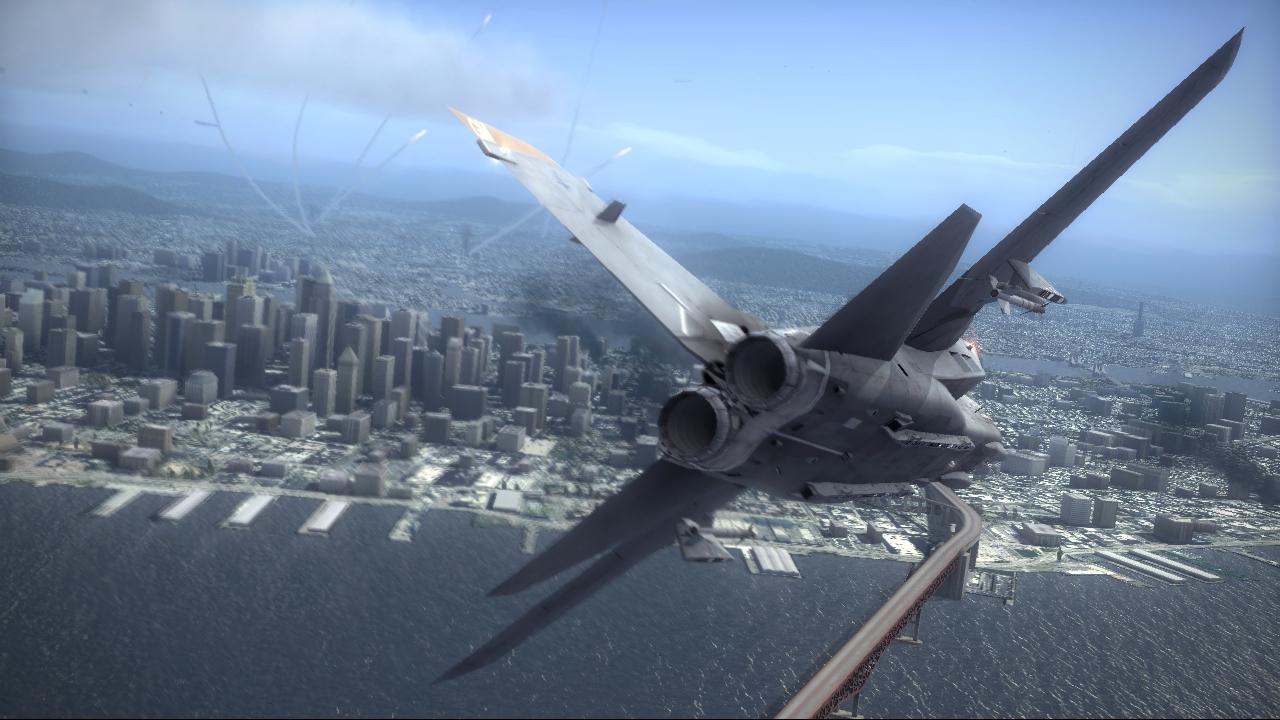
Which number is the best number?
By GamesRadarTylerWilde published
Here's a hint, it's four. No really! Find out why inside
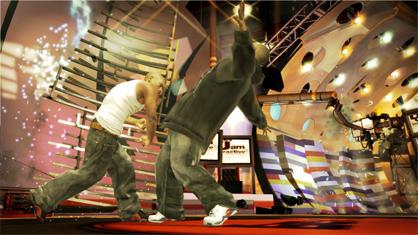
Games that looked good on paper
By Nathan Irvine published
But left us feeling massively meh
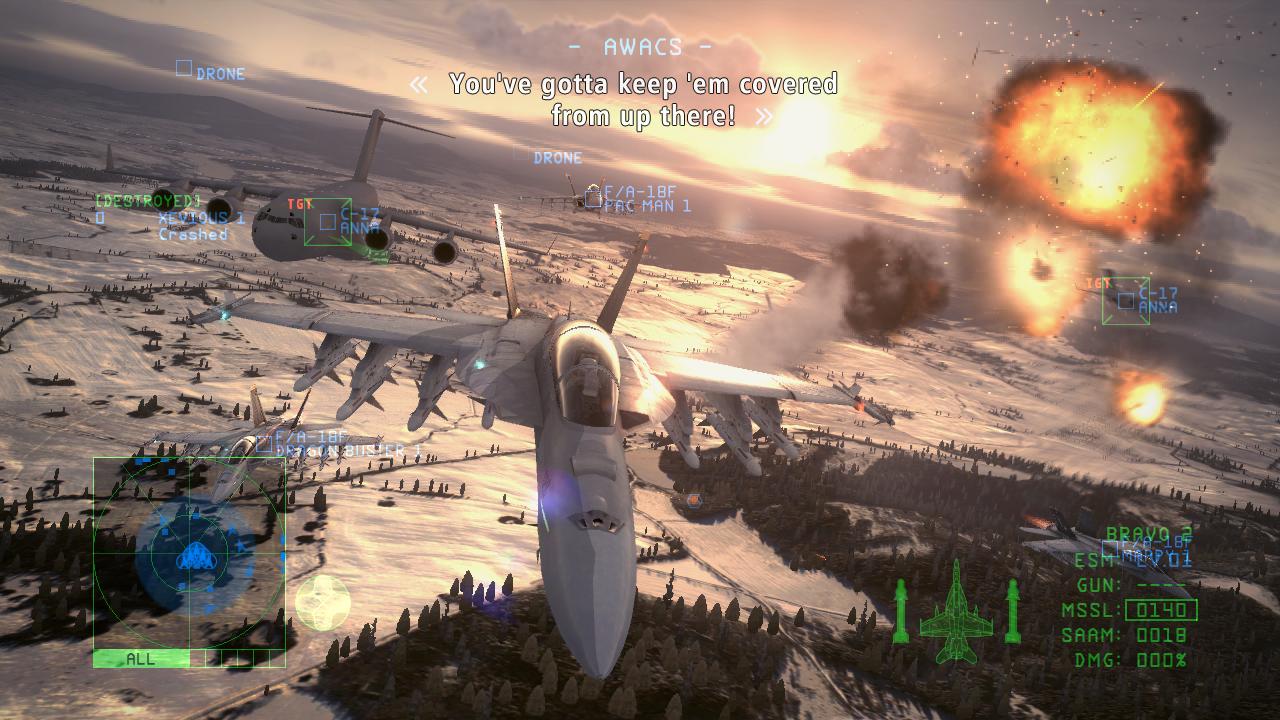
New co-op and multiplayer maps for Ace Combat 6
By Brett Elston published
Finally, more stuff to blow up in this genre-defining shooter

Xbox 360 trumps PS3 in Japan
By Next_Generation published
Sales of Microsoft's box explode in Japan... and it's all thanks to Ace Combat 6
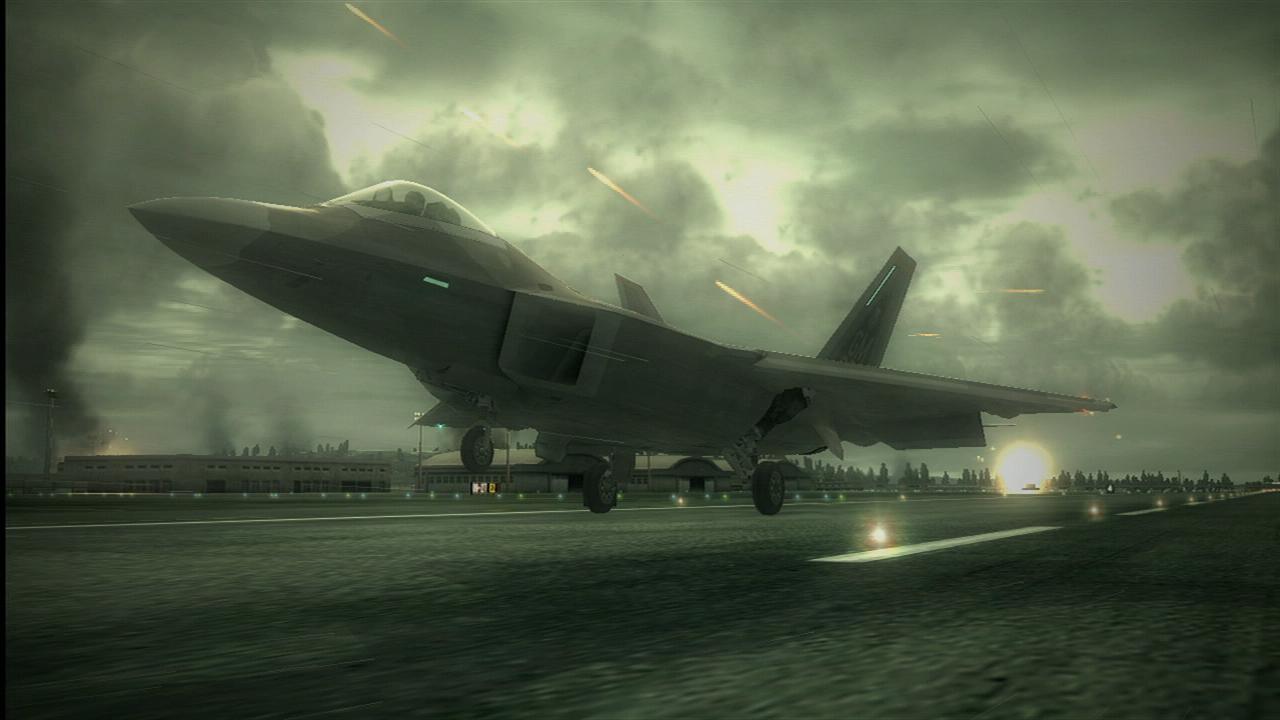
New Ace Combat 6 tactics revealed
By Matthew Keast published
Latest press release supplies images of new manuevers in action
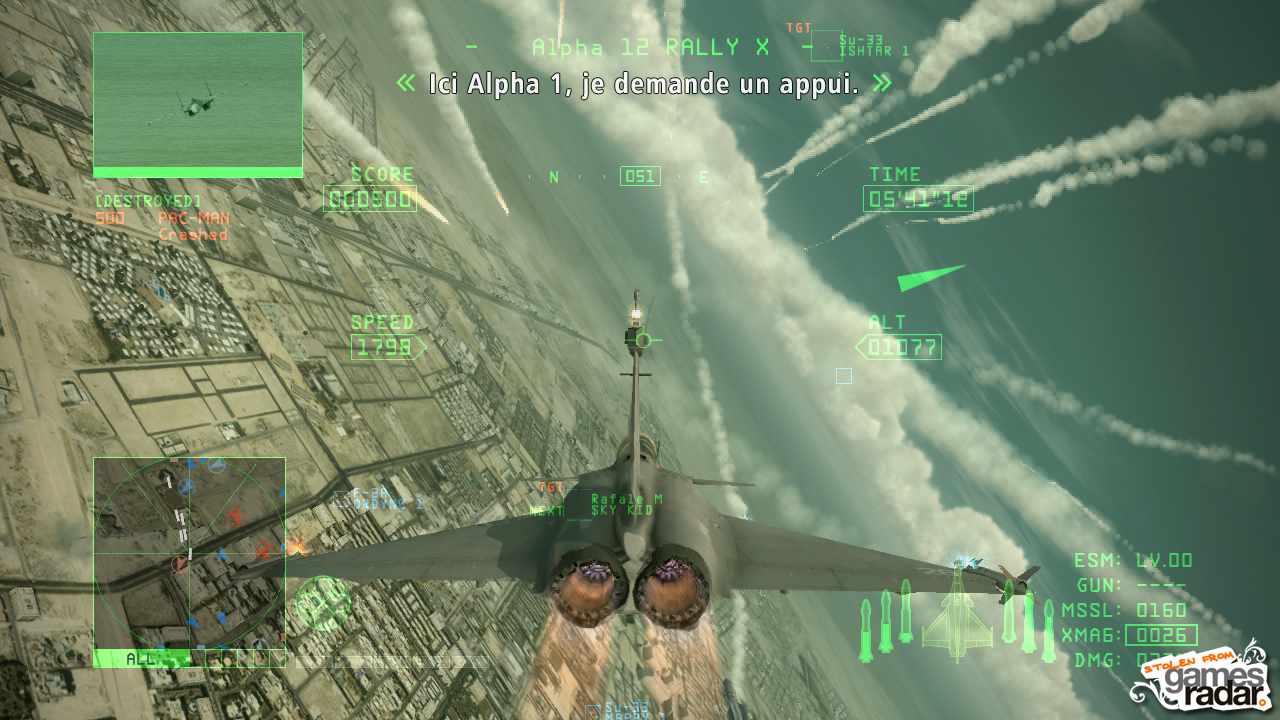
Ace Combat 6 trailer hits its target
By James Jarvis published
Beautiful skies and incredible planes
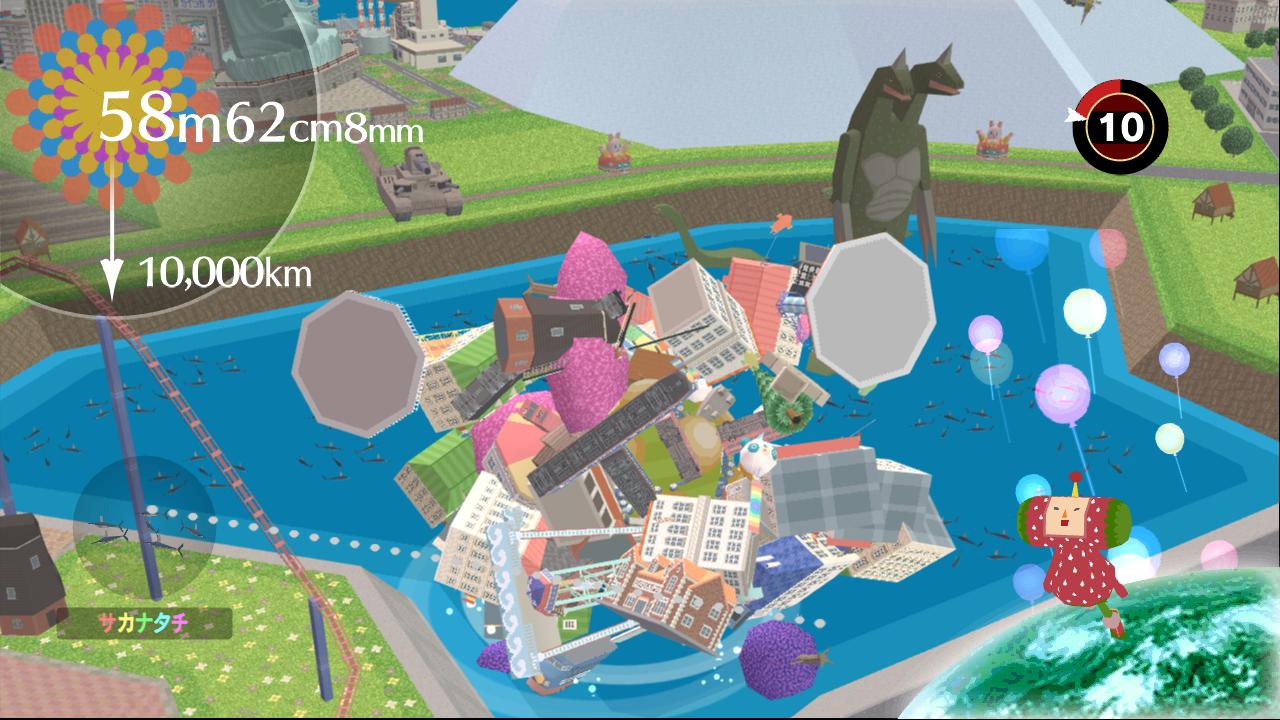
First online with Katamari, Ace Combat
By GamesRadar_ US published
16 screaming jets and four planet-gulping balls of garbage
Sign up to the GamesRadar+ Newsletter
Weekly digests, tales from the communities you love, and more
